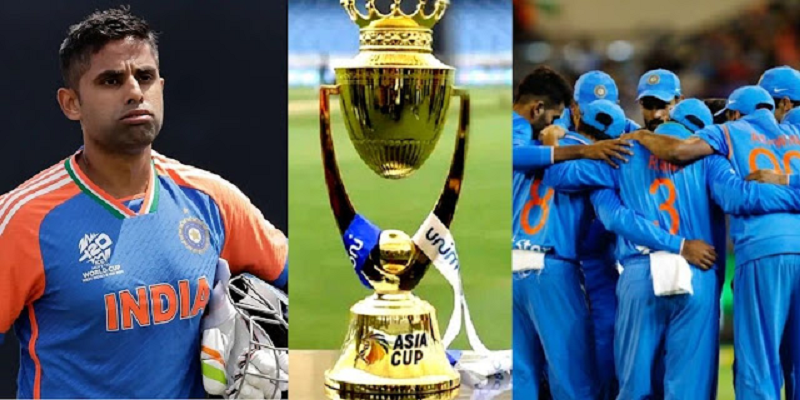A Victory Marred by Controversy
The stage was set for a classic encounter: India had decisively beaten Pakistan by five wickets, a victory earned through skill and determination. As per tradition, the winning team awaited the presentation ceremony to receive the coveted Asia Cup trophy. However, this customary celebration was interrupted by a notable refusal from the Indian side to accept the trophy from Mohsin Naqvi, who serves as both the Chief of the Asian Cricket Council (ACC) and a prominent political figure in Pakistan.
The Disappearing Act
Suryakumar Yadav, speaking on the incident, painted a vivid picture of the unfolding drama. “We were ready,” he recounted, “standing on the ground, expecting the presentation. But as the discussions on stage became heated, Naqvi, with the trophy still in tow, decided to leave the ceremony. It felt as if they simply… ran away with the trophy.” This astonishing claim, backed by a circulating video showing an official whisking the trophy away, certainly adds an unusual chapter to cricket`s annals.
The Team`s Principled Stand
The refusal to accept the trophy was not an impulsive act. The Indian team had made its stance clear regarding Naqvi`s dual role, highlighting a discomfort with receiving a sporting accolade from an individual with overt political affiliations, especially given the historical context of India-Pakistan relations. This decision was met with varied reactions, with some within the Pakistani cricketing fraternity suggesting the Indian team was acting under external directives.
An Autonomous Decision, No External Orders
However, Suryakumar Yadav firmly dispelled any notions of political puppetry. He clarified that neither the Board of Control for Cricket in India (BCCI) nor the government had issued any instructions on the matter throughout the tournament. “No one from the Government or the BCCI told us anything,” Yadav asserted. “We took that decision on our own on the ground. We were standing there, below the stage, watching them talk. Some in the crowd started booing, and then we saw their representative taking the trophy and running away.”
This emphasizes the team`s autonomous decision-making, a strong statement of principle by the players themselves. It underscores a desire to keep sports untainted by political entanglements, even when faced with the immediate consequence of being denied a tangible symbol of their victory.
Implications for Sportsmanship and Diplomacy
This unprecedented incident raises pertinent questions about the intersection of sports and politics. While cricket is often seen as a bridge-builder, moments like these underscore the complexities of regional dynamics. The sight of a winning team, trophy-less, after a hard-fought final, leaves a curious impression on the spirit of sportsmanship. It serves as a stark reminder that even in the pursuit of athletic excellence, external factors can dramatically alter the narrative.

